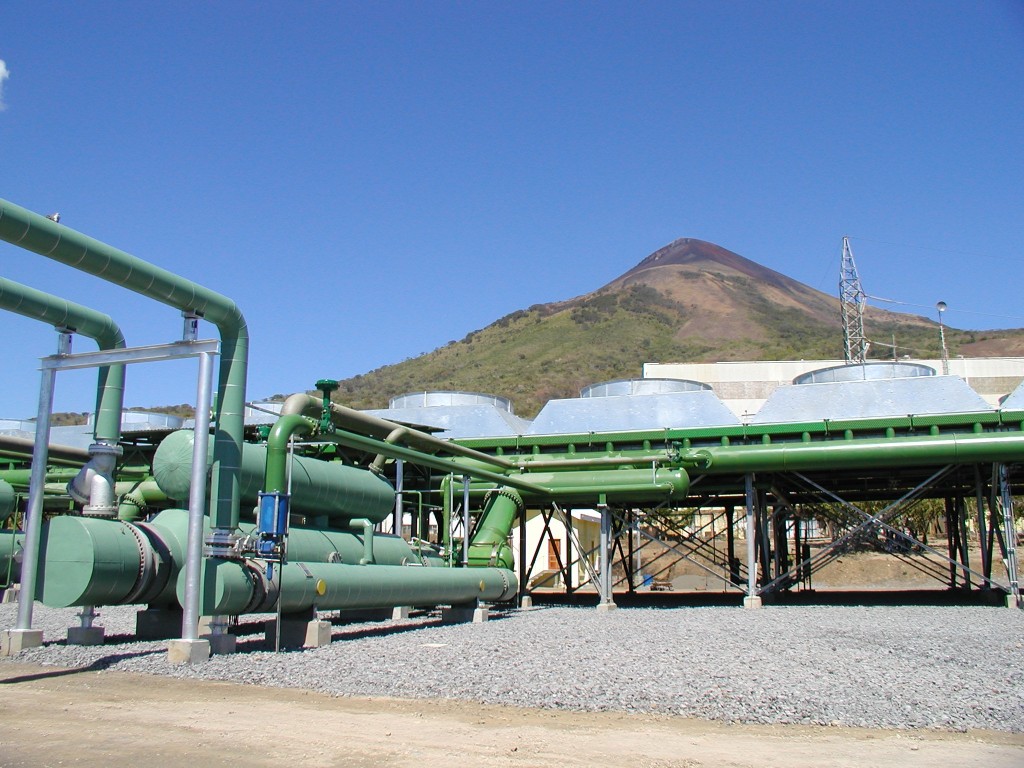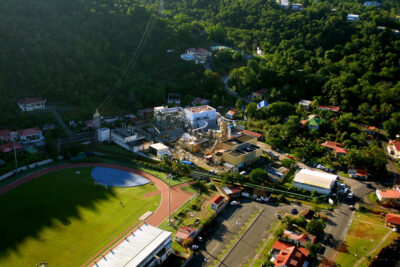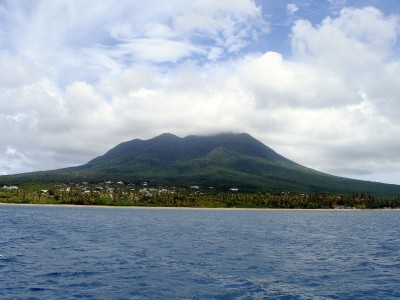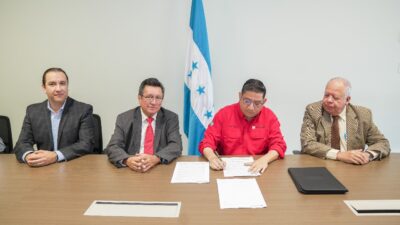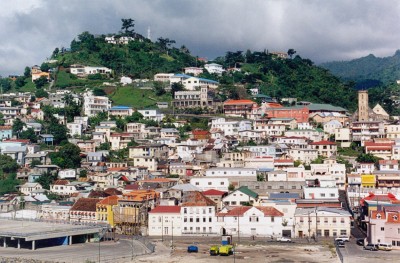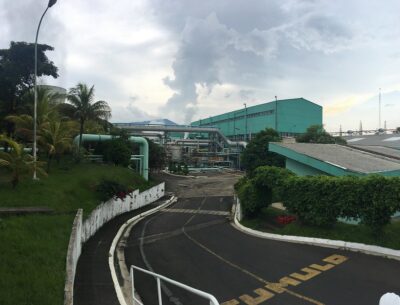Nicaragua considering tax incentives for renewable energy projects
Nicaragua already generates more than 50% of its electricity via renewables and last year alone saved the country about $250m.
The deputies of the Independent Liberal Party Alliance (Bapli) in Nicaragua introduced yesterday an initiative for a new law for extending the term of the tax incentives contained in the “Law for the Promotion of electricity generation from renewable sources (Act 532).”
MEPs stressed the importance of renewable generation resources arguing that they have a much lower cost than oil and they can avoid relying on oil to generate their power.
According to energy generation statistics from the Ministry of Energy and Mines (MEM), Nicaragua already generates more than fifty percent of their energy from renewable sources.
“This amendment to Law 532 gives new investors in renewable energy five years of tax incentives and therefore continuing to transform our energy matrix,” said one of the deputies of Bapli, Pedro Joaquin Chamorro Barrios . He added that “tRenewable energy is the future of Nicaragua.”
Chamorro Barrios said that tax incentives for generating energy from renewable sources are: exemption from customs import duties (DAI), exemption from value added tax (VAT) exemption from tax income (IR), established by Law 453, exemption from all existing municipal taxes on real estate, sales and registrations during the construction of the project, exemption from all taxes that may exist on the exploitation of resources and stamp tax exemption tax (ITP) that may cause the construction or operation of the project ten years.
Deputy Carlos Langrand also noted that in 2014, 51% of energy was generated from renewable sources, saving the country about 250 million dollars.
Source: La Prensa
